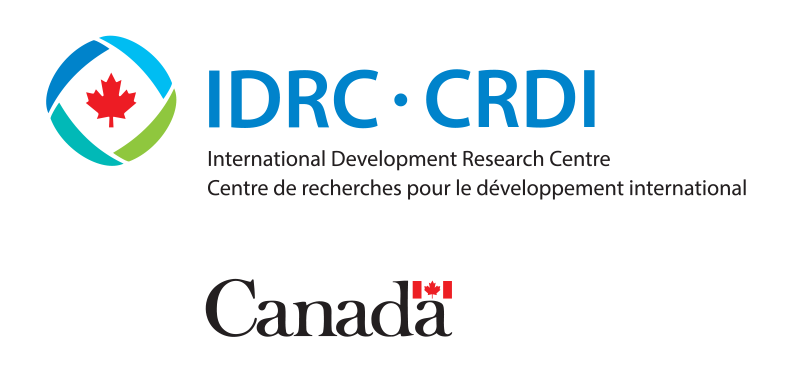Working With Countries to Measure Wealth and Move Beyond GDP
Concern is growing around the use of conventional economic indicators to gauge and guide national development, notably GDP. Conventional indicators like GDP lead decision-makers to favour policies with short-term benefits over those focused on long-term sustainability.
A recent publication by the UN Secretary-General notes that member states could move beyond GDP by implementing comprehensive wealth measures, following the steps proposed by the World Bank (latest report in 2021) and the UN Environment Programme (latest report in 2023).
With the support of the International Development Research Centre (IDRC), the International Institute for Sustainable Development’s (IISD) work on comprehensive wealth measures demonstrates the development and application of comprehensive wealth indicators to complement GDP in three countries—Indonesia, Ethiopia, and Trinidad and Tobago. This work was based on IISD’s methodology for estimating comprehensive wealth in Canada (2016 and 2018). IISD has worked closely with economic experts and researchers from universities in the three project countries to develop comprehensive wealth measures to complement GDP using national data.
The findings indicate that comprehensive wealth tells a different development story than GDP in all three countries. In Trinidad and Tobago, wealth has fallen sharply in recent years due to an overreliance on fossil fuel wealth. In Indonesia, wealth is growing but the country is failing to fully convert this growth into increased well-being. In Ethiopia, wealth is concentrated in traditional agriculture, preventing the country from deploying its assets—especially its human capital—in areas where it could create greater well-being.
The collaboration with the countries identified important gaps and challenges in developing the requisite statistical and methodological capacities to apply comprehensive wealth measures effectively. This requires not only rigorous data sets and analysis but also conceptual and practical skills for interpreting results and their implications for policy decisions, such as public investment strategies and sectoral prioritization. The next phase of the project will focus on capacity building for experts, policy-makers, and academia to address some of these challenges.
Event Agenda
Coffee and pastries (8:45–9:00)
Opening remarks (9:00–9:25)
- Julie Delahanty (President and CEO, IDRC)
- Patricia Fuller (President and CEO, IISD)
Summary presentation of the estimated trends to move beyond GDP (9:25–10:00)
- Livia Bizikova, Rob Smith, and Zakaria Zoundi, IISD
Panel discussion and audience questions (10:00–11.30)
- Erin Tansey (moderator), Director, International Development Research Center (IDRC)
- Pushpam Kumar (Chief Environmental Economist, UNEP)
- Grzegorz Peszko, Lead Economist in the Global Platforms team of the Environment, Natural Resources & Blue Economy Practice Group, World Bank
- Tom Bui, Director of Environment, Global Affairs Canada
- Chris Barrington-Leigh, Associate Professor, Department of Equity, Ethics and Policy & the Bieler School of Environment, McGill University
- André Loranger, the Chief Statistician of Canada, Statistics Canada
Closing remarks and next steps (11:30–11:45)
Light lunch (11:45 onward)

